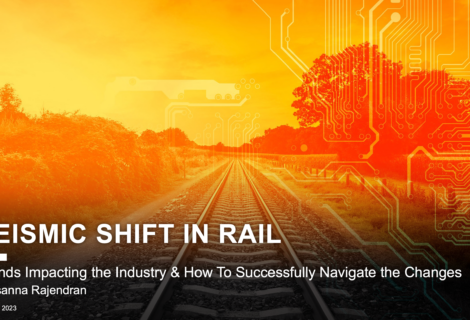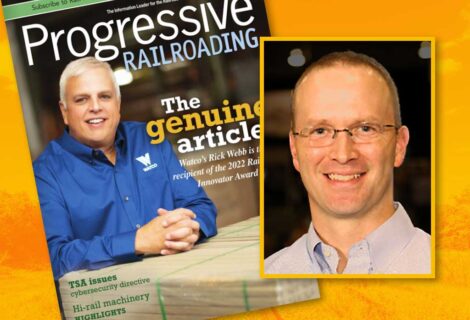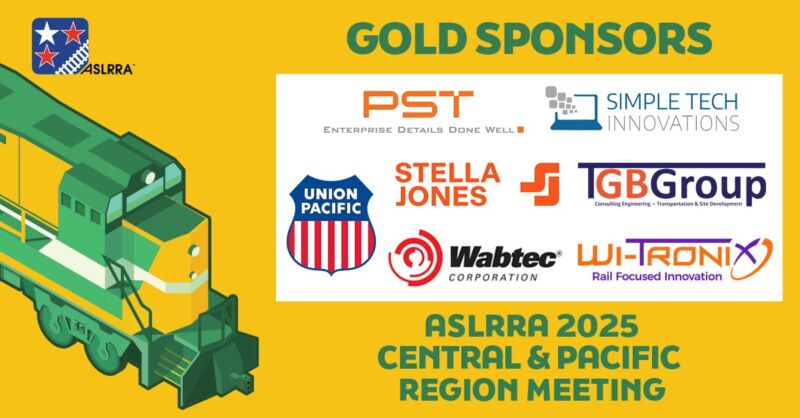The Curse of Working on the Railroad
 By modern standards, railroads are ancient organizations.
By modern standards, railroads are ancient organizations.
In fact, if railroads were a person, they’d look around at most of the businesses out there and exclaim, “You kids, you don’t know what it means to do real work…”
But railroads are adapting, changing, and beginning to do it faster than ever before. In doing so, something also becomes very clear: institutional inertia is a real thing. Why is it a “thing”?
Working in the Railroad vs. on the Railroad
The heritage of railroad workers is amazing. Rail is one of the few industries left where many of the employees have worked almost exclusively in rail and probably had parents that were in rail too. Rail also has specific requirements, known problems, and known solutions. These problems and solutions don’t evolve too quickly.
The comfort of “knowing” what you are supposed to do and simply seeking to do it better is highly seductive. The predictability, the regularity, the known patterns. Doing things better is rewarded – this is working IN the railroad. Doing things differently – well, that takes a force of will.
Working ON the railroad or rail business is hard because it is uncomfortable. It challenges the heritage – the known way of doing things. It suggests uncomfortable options by taking cues from other industry successes – even industries other than rail.
And oftentimes, working on the business can be expensive. Change might take more than a business quarter to put into effect, and even longer for a legitimate ROI. Shareholders don’t like unpredictability or delayed gratification either and tend to resist change in favor of stock or dividend consistency.
The curse of working on the business of railroad is that it can be a shoot-the-messenger activity. It has been for other industry messengers at least. The music industry, camera industry, or even network television will tell you, change is hard. Timely, relevant change is even harder.
Smarty-pants Have Some Thoughts About Change
Why do successful businesses get surprised by an upstart company? Why does it seem like the “new thing” comes out of nowhere? Rail is starting to see competition and upstarts the likes of which we’ve never seen before. But this is a well-understood process and reality.
It only surprises people who are unfamiliar with it.
People who study this kind of thing across multiple industries say it’s a process called “surrogation”. To be specific, the metrics used to manage a successful business become the goal instead of focusing on the real goal: the customer ecosystem and what that ecosystem needs or wants in the future.
The lack of desire to change the status quo isn’t surprising either. Who wants to be the first senior leader to say, “All the time and money we’ve spent successfully developing “this”, well now it’s time to do “that”, instead? (Shareholders love that kind of talk!)
Institutional inertia is alive and well in many businesses including rail.
 Want an easy fix?
Want an easy fix?
Sorry, you know there isn’t one, right?
But when the power of asking “What if…” becomes part of a company’s DNA, businesses seem to stay more relevant and experience less unintentional pain. Change is painful enough, but not changing, that can be the most painful of all.
Everybody likes to know that on some level, their work is meaningful. Rail is very meaningful, on a number of personal and public levels.
Collectively working ON that meaningful reality is the charm that breaks the curse.

 Want an easy fix?
Want an easy fix?




